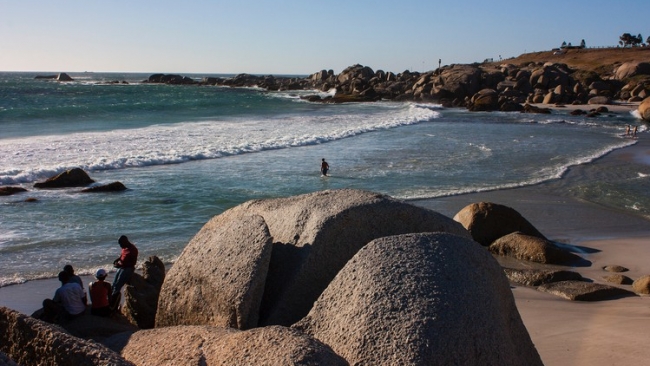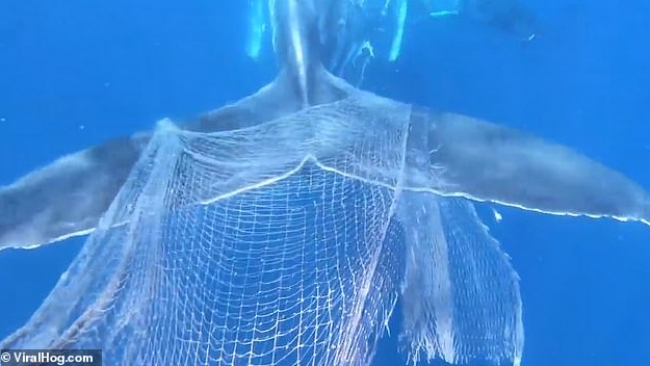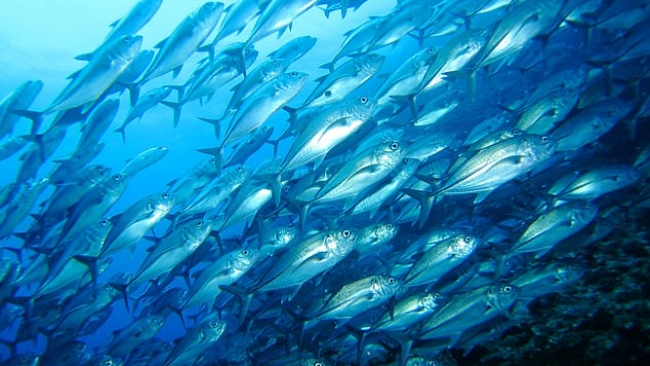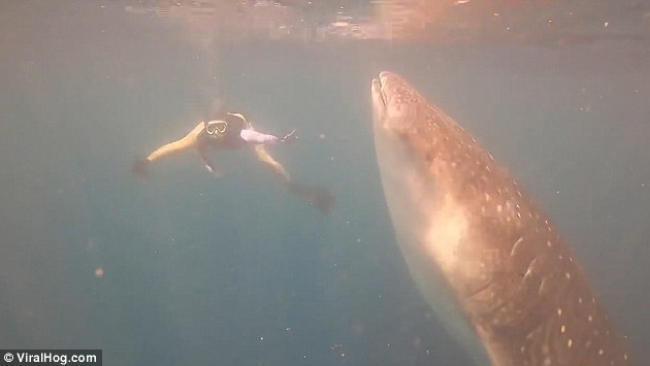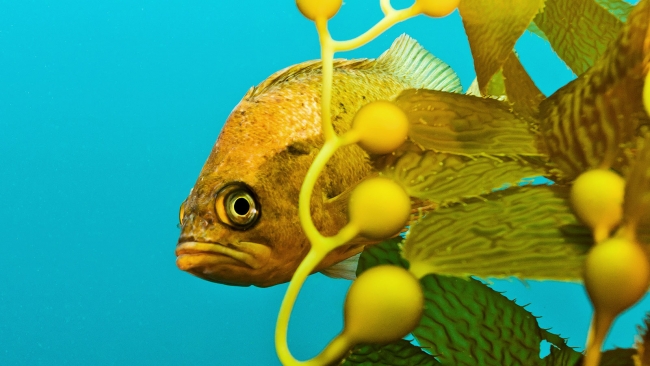Death by loneliness: Male killer whales are three times more likely to die if they are socially isolated
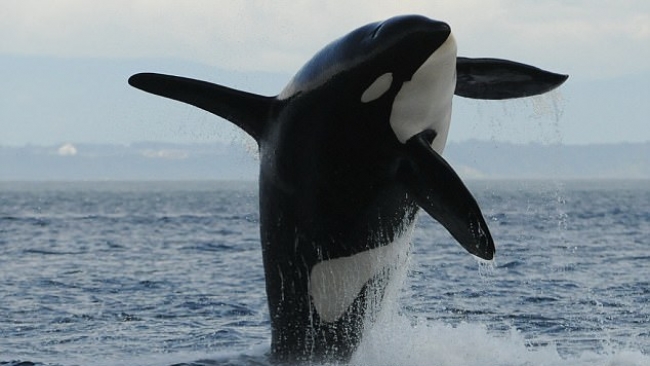
Male killer whales are more likely to die if they are not at the centre of their social group, new research has found. Scientists showed that the most socially isolated males were three times more likely to die in any given year than those in the 'most central social positions'.
The effect was much stronger in years where food was scarce and didn't affect females, possibly because males are larger and need more support from the group to eat enough.
Previous research has shown sociability has an effect on human life expectancy. But this is the first study to show that social position across the lifespan can predict survival in non-human animals.
By seeing which whales regularly swam together across a year and across multiple years, the team started to understand a network of what in humans we would call friendships. Whales with strong social positions had either many individual connections or were the connection between two or more groups.
On a broad scale, research like this examines the fundamental question of why social relationships and friendships have evolved, experts said.
Source: Daily Mail
Wed 25 Oct 2017 at 07:18
